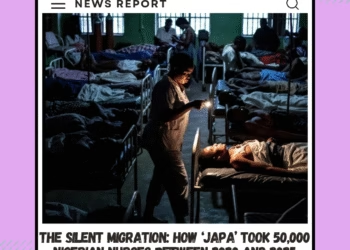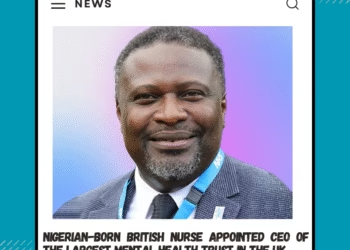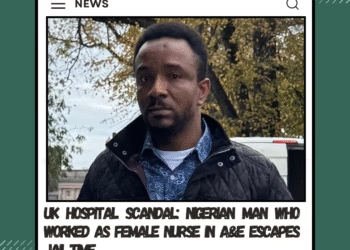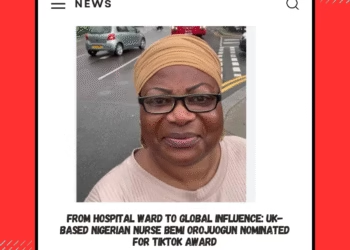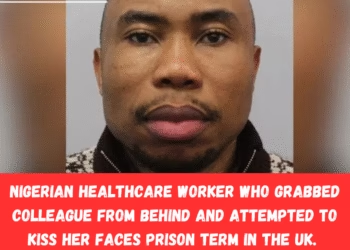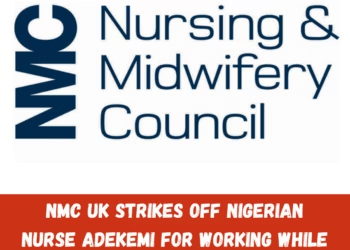By Charles Wealth || Editor at Fellow Nurses Africa || 10, June 2025.
Introduction: Heroes Abandoned by the System
African nurses, hailing from countries like Nigeria, Ghana, Zimbabwe, and beyond, are the unsung heroes of the UK’s National Health Service (NHS). Their dedication, commitment, and expertise help power the NHS, yet they face hardships that most people are unaware of. Despite contributing a staggering £2.73 million to the Nursing and Midwifery Council (NMC) through registration fees, these nurses are often left in the lurch. Systemic racism, financial struggles, and bureaucratic barriers continue to undermine their well-being. The Royal College of Nursing’s (RCN) 2024 report, Without a Safety Net, sheds light on the grim realities they face—no access to public funds, unaffordable childcare, delayed residency, and emotional burnout.
Section 1: Powering the NMC’s Mission
African nurses are an essential part of the UK healthcare system, with thousands on the NMC register. In 2022, 7,200 nurses from Nigeria alone were part of the NMC’s workforce, ranking third behind India and the Philippines. These nurses bring in vital financial support to the NMC—approximately £2.73 million through registration fees—funding the body’s mission of ensuring standards, improving education, and conducting investigations.
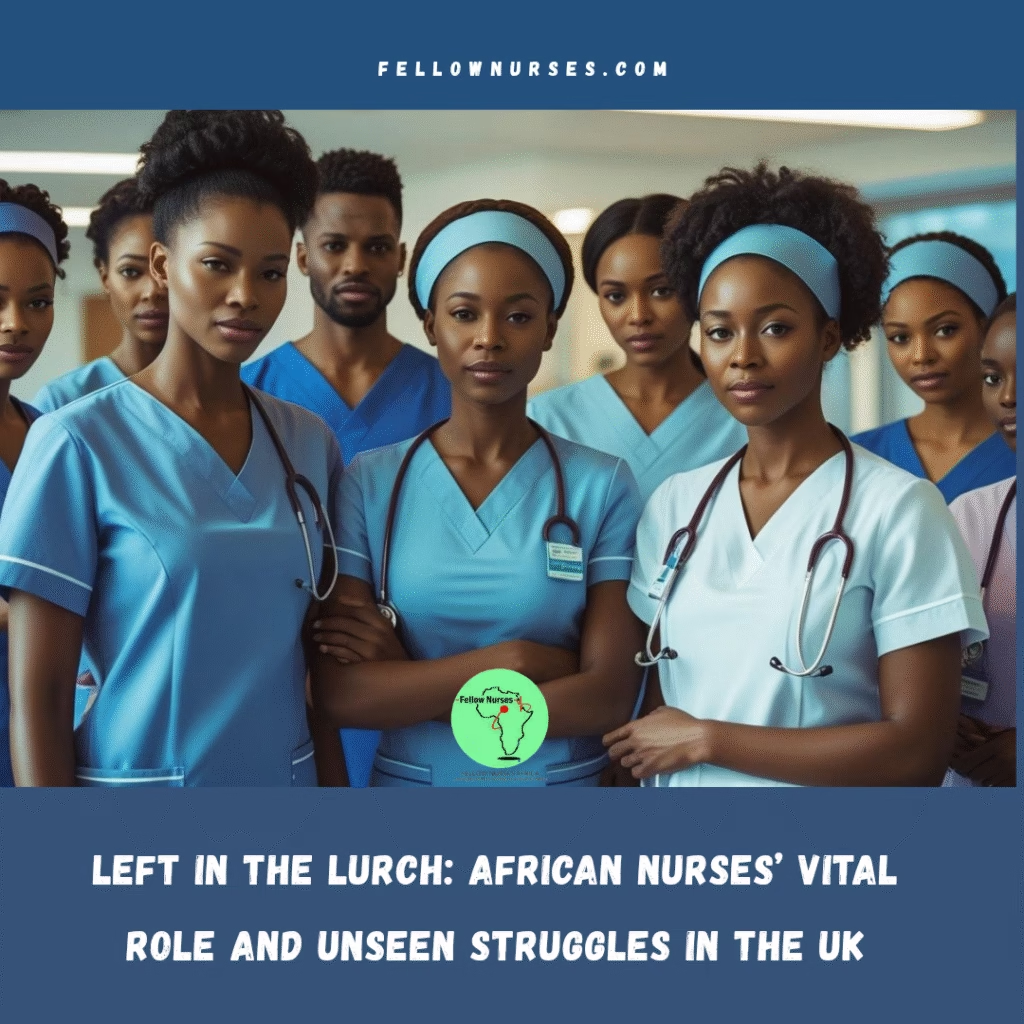
Their commitment is further reflected in the 94.4% revalidation rate (219,962 professionals in 2023-2024), showcasing their dedication to ensuring safe care. However, this vital contribution is overshadowed by the registration hurdles they face, such as issues with CBT fraud at Yunnik centre, delays in the NMC’s registration processes, etc. The “Welcome to the UK” programme does help, but it is just a small part of a larger, systemic issue.
Section 2: Economic Giants, Hidden Struggles
African nurses form the backbone of the NHS and social care sectors. Out of 366,308 full-time nurses in the NHS, 22.7% were trained abroad. Many of them are African nurses who are saving the NHS billions of pounds by filling staffing gaps. However, they are paid modest salaries—around £28,407 as Band 5 nurses—and struggle to make ends meet.
Despite paying income tax and National Insurance, they have no access to the public benefits that they fund. They also contribute significantly to the economy through local spending and remittances sent back to families in Africa. Yet, many of them live paycheck to paycheck, relying on overtime or even food banks.
Section 3: Stranded Without a Safety Net
According to the RCN’s Without a Safety Net (2024), African nurses face multiple challenges, including:
- No Recourse to Public Funds (NRPF): This policy bars African nurses on Health and Care Worker visas from receiving public benefits like Universal Credit or Child Benefit, despite them paying taxes. The situation is so dire that 62% of nurses consider leaving the UK, and 30% struggle to cover living costs.
- Childcare Struggles: Childcare costs in the UK are exorbitant, with many African nurses struggling to afford it. Limited support, coupled with an often absent family network, pushes them to take on extra shifts, which increases the risk of burnout.
- Housing Hardships: More than half of their salaries go towards rent. Housing benefits are unavailable due to the NRPF status, further exacerbating financial instability.
- Delayed Residency: African nurses face long waits (often five years) for Indefinite Leave to Remain (ILR). This process, which costs them thousands of pounds in application fees, delays their sense of security and stability.
- Racism and Emotional Burnout: Over half of African nurses report experiencing racial discrimination at work. Mental health issues and emotional burnout are prevalent, with many nurses considering quitting the profession altogether.
- Visa and Registration Barriers: Visa fees, IELTS tests, and NMC’s registration costs further strain African nurses, hindering their ability to settle into their new roles smoothly.
A Path to Fairness: The Call for Change
Despite the many challenges, African nurses continue to be integral to the NHS’s survival. But the system must change to ensure their contributions are recognized. The RCN advocates for ending the NRPF policy, cutting visa and ILR fees, providing better childcare support, and eliminating racism in the workplace. The NHS’s recent pay rises and the NMC’s reduced OSCE fees are steps in the right direction, but more must be done.
It’s time to implement policies that support their wellbeing, improve integration, and ensure they are fairly compensated for their essential role in the healthcare system.
Conclusion: A Rallying Cry for Justice
African nurses contribute not only £2.73 million to the NMC but billions to the UK economy and the NHS. Yet, they are left in the lurch, fighting against systemic barriers, financial hardship, and emotional burnout. It’s time for action. Let’s stand together to demand justice and ensure African nurses are supported, not just for their labor, but for their humanity. Together, we can build a future where African nurses thrive, and the NHS flourishes.
Call to Action: Join the African ’s leading nursing community on WhatsApp! Engage in dynamic networking, share transformative knowledge, access robust career support, and champion advocacy alongside peers from Nigeria, Ghana, Zimbabwe, Kenya, and beyond. Elevate your career with Fellow Nurses Africa by joining our exclusive network at Connect with Fellow Nurses Africa.
References:
- Nursing and Midwifery Council. (2024). Annual Report and Accounts 2023-2024.
- Royal College of Nursing. (2024). Without a Safety Net: The Impact of No Recourse to Public Funds on Internationally Educated Nursing Staff.
- Nurses.co.uk. (2024). Stats and facts on the UK’s nursing workforce 2025.
- Nursing Times. (2024). Social care nurse vacancy rates fall but reliance on overseas.
- The Guardian. (2024). Thousands of foreign nurses a year leave UK to work abroad.
- World Health Organization. (2024). Nursing and midwifery.
- The Migration Observatory. (2022). No Recourse to Public Funds data.

